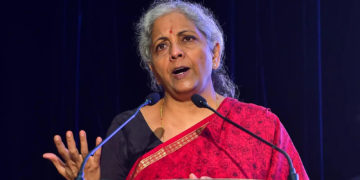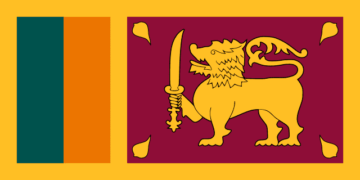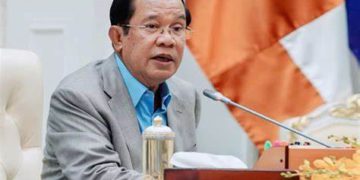Indian PM Narendra Modi has maintained the current lineup of key cabinet ministers in their respective roles in the new government, indicating his continued influence despite the coalition government’s reliance on allies to secure a parliamentary majority.
Although Modi’s Bharatiya Janata Party (BJP) did not secure a majority on its own in the recent election, the government has announced that there will be no changes to the top four ministries – finance, home affairs, defence, and foreign affairs. The party has retained other crucial ministries such as commerce and agriculture.
Speculation was rife in Delhi regarding negotiations among coalition partners for significant portfolios ahead of rare third consecutive term in office of PM Narendra Modi. Analysts suggest that while there might be some discontent over the cabinet selections, immediate repercussions are unlikely.
Tarun Basu, director of the New Delhi-based Society for Policy Studies think tank, commented, “Modi has managed to maintain control over key portfolios to showcase continuity, and it appears that his allies have acquiesced.”
Despite this appearance of unity, there may be internal tensions within the coalition, although these might not surface publicly right away.
In the recent election, the BJP secured 240 seats out of 543 in the lower house of parliament, while the alliance it leads amassed a total of 293 seats, surpassing the majority threshold of 272 seats.
PhillipCapital analyst Anjali Verma noted, “The allocation of seats demonstrates continuity and fair treatment of allies, which is a positive development,” referring to the allocation of five cabinet positions to allies out of 30















































